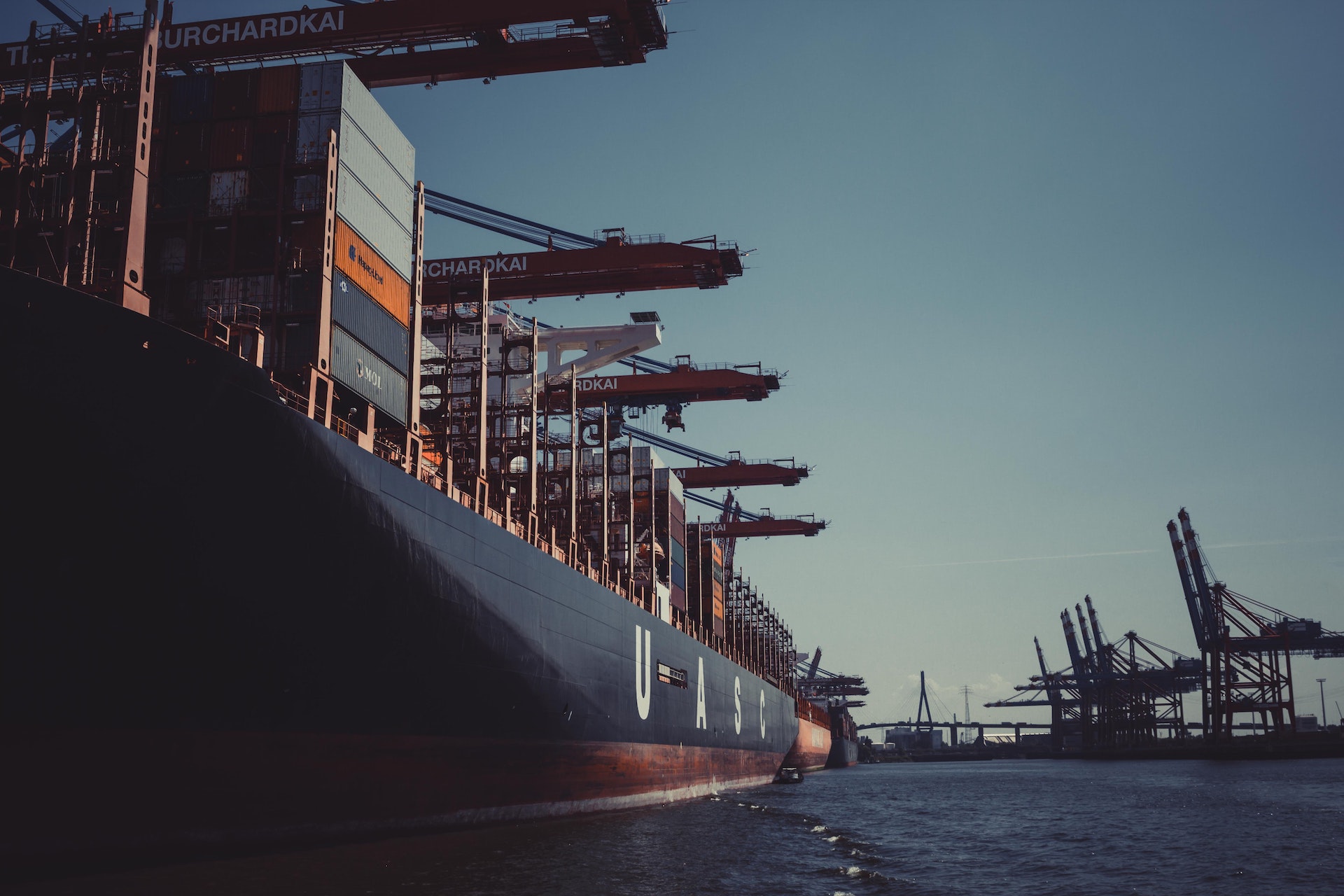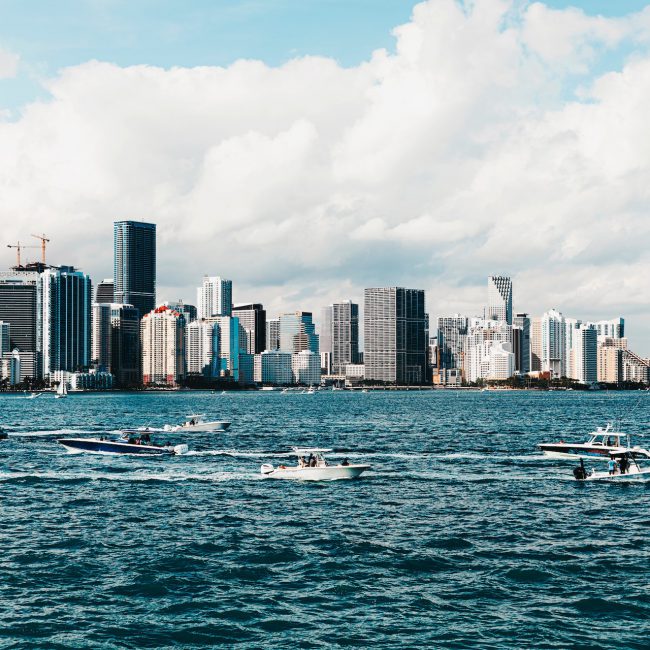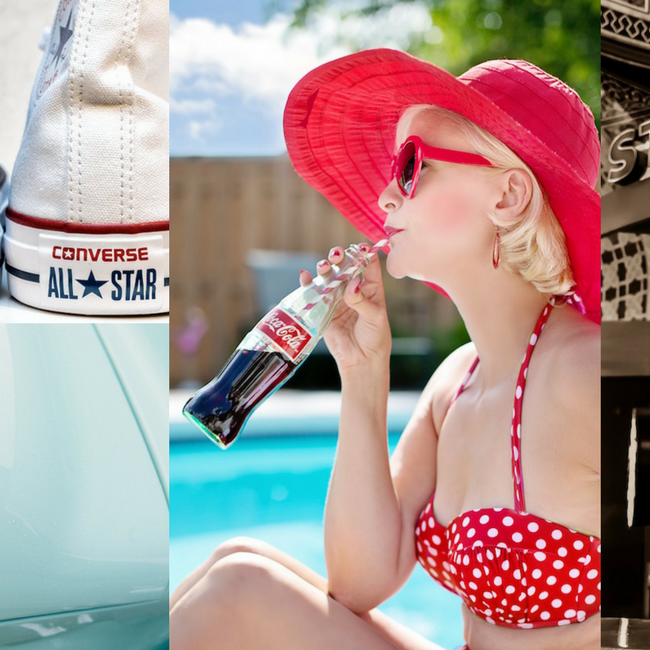
Does branding matter in the Maritime and Offshore Industry?
Merchant shipping lines and other companies in the maritime and offshore industry often paint the funnels of their ships in distinctive colors to distinguish them from competitors. So when you’ve got your funnel in your colors and your name written in 20 foot high letters on the side of your vessel or rig, it could be assumed that you have some understanding of marketing and brand exposure. But the question is how much strategy and planning goes into the average shipping company’s marketing efforts? Or, as is typical within this industry, are most efforts made from a companies perspective rather than from a clients perspective?
Do brands matter in the maritime and offshore industry? Most consumers make purchases based on brand rather than actual knowledge of what goes into a product. You appoint service providers because of the firms they work for rather than your own specific expert knowledge. You know the saying: ‘No one ever got fired for appointing McKinsey’s’. So when you are pitching for work and a client has a choice, a strong brand certainly helps. It genuinely matters in business what people think of you. If they like, trust, respect, and relate to you, they are far more likely to do business with you, work with you and for you, and invest in you. It’s a relatively simple concept.
Based on the real knowledge of what your brand stands for in the eyes of your clients and stakeholder groups, you can deliver long-term retention, loyalty, an easier route to market for future products and services, and a wider growth strategy.
A brand is not a logo
Back to the logo on the ships funnel, first and foremost a brand is not just a logo. A brand is a company’s DNA; its core identity and values. A brand is the story of a company, the promises to its stakeholders and clients, and a statement about the direction it wants to move in, creating a culture that makes it different and unique from the competition. A real brand strategy contains a vision of how you want the world to see your company. Everyone who is part of a business needs to live the brand. It is the common thread linking the services your company provides to your clients and other stakeholders.
Sure, the marine industry has begun to better understand the importance of branding and the requirement to communicate with the organization’s key stakeholders over the past years. But only a few companies fully understand the true power of a brand and the commercial opportunities that can be created when properly leveraged. Maersk is one of them. They transformed their communications, exploiting all channels (online and offline) with the singular aim of building a company that people could trust.
Utilize you brand
Now, more than ever, it is crucial to have a clear and distinct brand proposition. Competition is raising the bar, new communication opportunities require new skills and business contacts are becoming much more market-savvy. A strong branding strategy is all about managing expectations. If you can, upfront, steer people’s views on what your product and service is, you will avoid a lot of disputes because customers know what they are paying for and they get it!
In the maritime industry a brand counts for about 20%-25% of the purchasing decision. A lot less than in consumer marketing but still too significant to be ignored. In my opinion many companies in the transport and logistics industry hold great potential to utilize their brand much more effectively, internally as well as externally.
So in your next strategy meeting, it may be helpful to add a new question to the agenda: Are we leveraging our brand in everything that we do? If the answer is no, it may be time to take a closer look at one of your most valuable assets.





